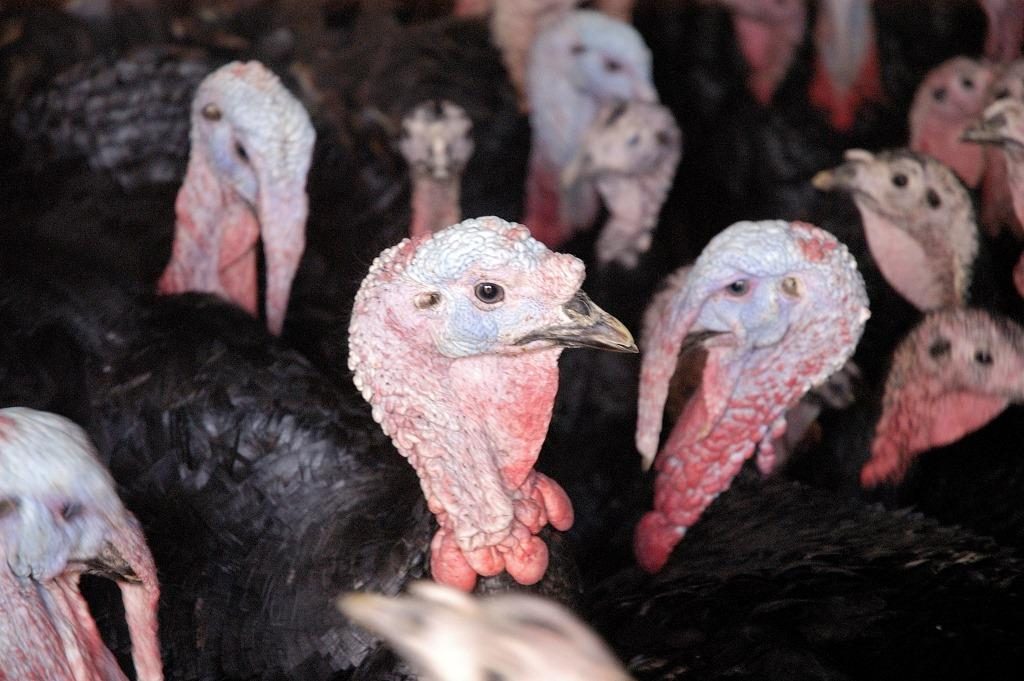New H5N8 avian flu case confirmed in Lincolnshire
A new case of H5N8 avian influenza has been confirmed in a flock of turkeys at a farm in East Lindsey, Lincolnshire.
 This follows confirmation of the disease in a flock of turkeys on a nearby farm on 16th December 2016. According to the Department for Environment, Food and Rural Affairs (Defra) there is unlikely to be a direct link to the previous case, but a full investigation is now under way to confirm this.
This follows confirmation of the disease in a flock of turkeys on a nearby farm on 16th December 2016. According to the Department for Environment, Food and Rural Affairs (Defra) there is unlikely to be a direct link to the previous case, but a full investigation is now under way to confirm this.
The flock is estimated to contain approximately 6,000 birds. Defra has confirmed that a number have died and the remaining live birds at the premises are being humanely culled.
A 3km Protection Zone and a 10km Surveillance Zone have also been put in place around the infected premises to limit the risk of the disease spreading.
Chief veterinary officer, Nigel Gibbens, commented: “We have taken swift action to limit the risk of the disease spreading with restrictions in place around the affected premises. A full investigation is underway to determine the source of the infection.
“This finding reminds us that we must all be vigilant for signs of disease and take steps to minimise the risk of birds catching the disease from wild birds – either directly or through the environment. This means complying with the legal requirement currently in place to house birds or otherwise keep them separate from wild birds and following strict biosecurity measures to minimise the risk of avian flu spreading via the environment.”
An Avian Influenza Prevention Zone was recently extended to the 28th February following cases of the HN58 strain being found in backyard flocks in Carmarthenshire, Wales and in Settle, north Yorkshire, earlier this month, as well as at a different turkey farm in Lincolnshire in December and in a number of wild birds in England, Wales and Scotland.
The Prevention Zone requires keepers of poultry and other captive birds to continue to keep their birds indoors, or take appropriate practical steps to keep them separate from wild birds. This means all poultry keepers – even those who just keep a few birds as pets – must do everything they can to keep them separate from wild birds and minimise the risk of them catching avian influenza via the environment.
Public Health England has continued to advise the public that the risk to health from the virus is very low. The Food Standards Agency has also made clear that bird flu does not pose a food safety risk for UK consumers.

 Greggs bakery trials delivery service
Greggs bakery trials delivery service Theresa May confirms UK exit from single market
Theresa May confirms UK exit from single market
